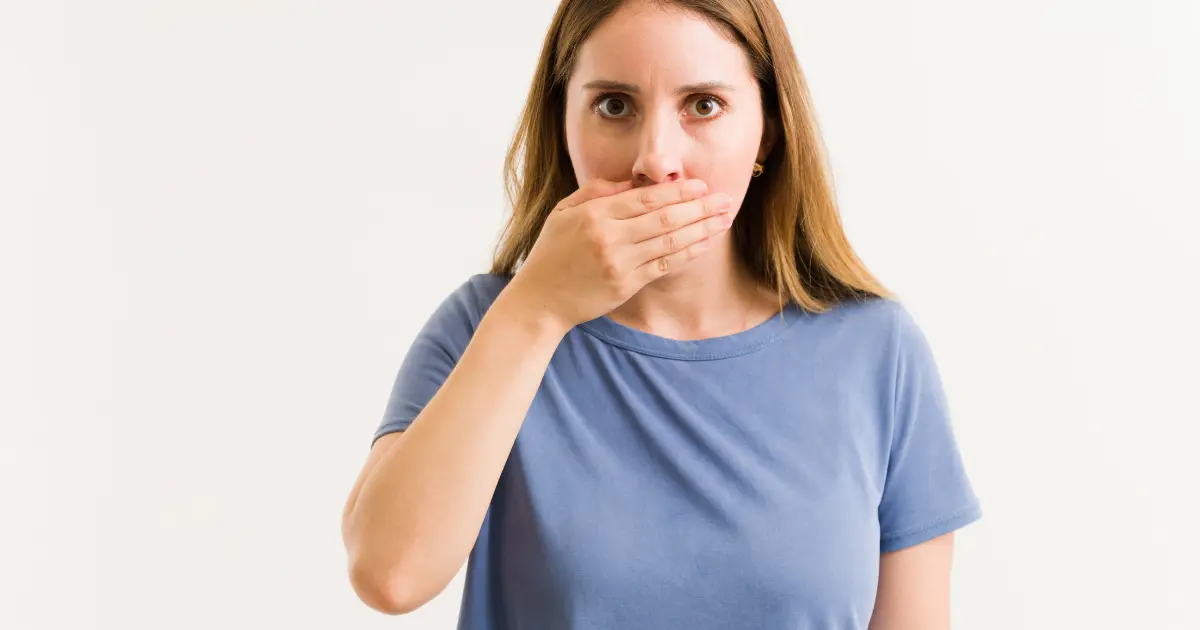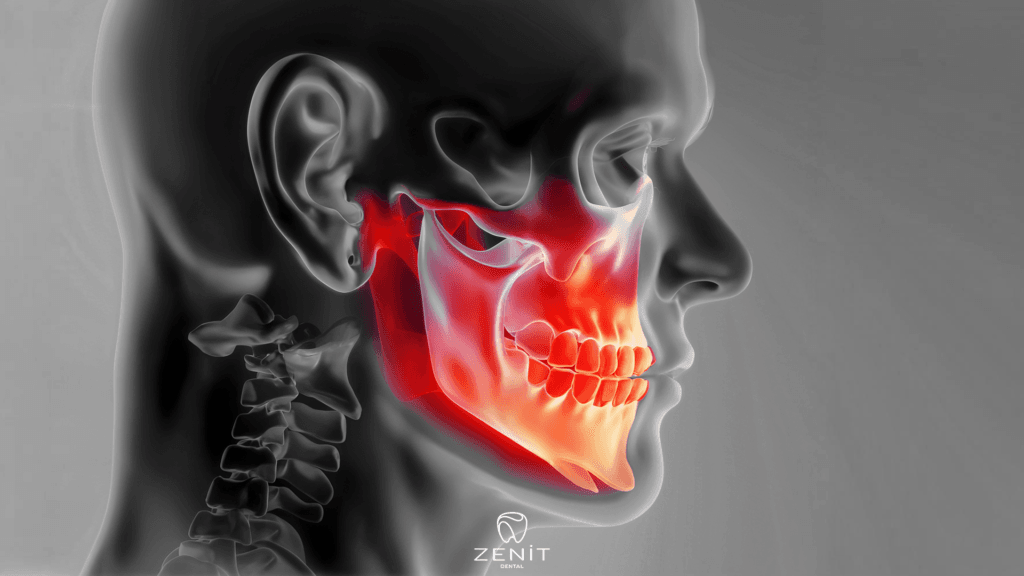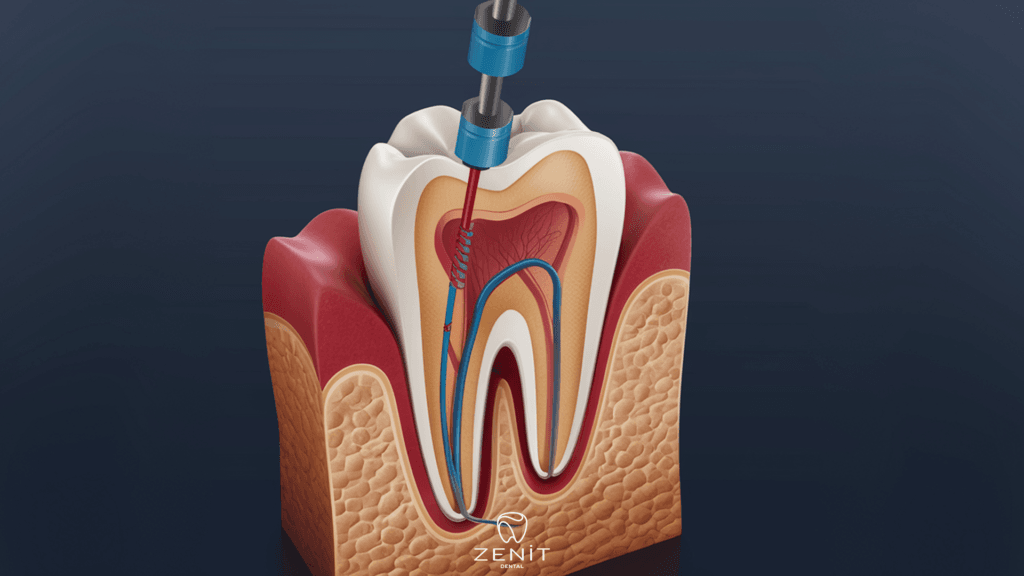Bad breath, or halitosis, is more than just a social faux pas; it’s a window into your oral health. It might be the aftertaste of your lunch, or it could be a symptom of something more serious. So, let’s roll up our sleeves and dive into the causes, cures, and preventive measures for bad breath.
What are Causes of Bad Breath?
Our oral cavities are a bustling metropolis of bacteria, both good and bad. When the bad guys win, you get bad breath. Here are some common causes:
- Food and drink: Garlic, onions, and coffee, oh my! These are famous for leaving an olfactory mark.
- Smoking: Besides health risks, tobacco products can give you bad breath.
- Poor oral hygiene: If you don’t evict the food particles, they’ll invite bacterial overgrowth and bad breath.
Do Cavities Cause Bad Breath?

Ever noticed how a rotten fruit stinks? The same goes for teeth. Cavities, the villains of oral health, can indeed cause it. They’re essentially rotting parts of your teeth caused by bacterial action. The bacteria in cavities produce foul-smelling gases as they break down food particles. Therefore, if you’re battling persistent bad breath, a trip to Zenit Dent might be in order.
Is Bad Breath a Sign of Something More Serious?
Bad breath can be a harbinger of conditions beyond cavities. Conditions such as gum disease, oral cancer, and even certain systemic illnesses like diabetes or kidney problems can manifest as bad breath. It’s your body’s SOS, signaling that all’s not well in the oral kingdom, or perhaps even beyond. Always remember, regular dental check-ups are not just for clean teeth; they are crucial for overall health.
Is there Bad Breath After Tooth Extraction?
Post-extraction, the mouth’s bacterial balance can go for a toss, leading to it. Dry socket, a painful condition that can occur after tooth extraction, can also cause a particularly bad odor. However, this is usually temporary and should resolve once the extraction site heals. In case it doesn’t, a consultation with your trusted dentist at Zenit Dent should be your next step.
How to Prevent Bad Breaths?

Preventing bad breath largely depends on maintaining a high standard of oral hygiene. Brushing twice a day, flossing daily, regular dental checkups, and staying hydrated can keep bad breath at bay. Eat a balanced diet, limit alcohol and caffeine intake, and quit smoking. And remember, your tongue can harbor bacteria too, so don’t forget to brush it!
What Role Does Diet Play in Bad Breath?
What you eat significantly influences your breath. Consuming foods with strong odors like garlic or onions can cause bad breath. However, it’s not just what you eat, but how often. Frequent snacking can also lead to it as it provides a constant supply of fuel for the bacteria in your mouth. Therefore, maintaining a balanced diet and regular eating patterns can help manage it.
Can Medications Cause Bad Breath?
Medications can indirectly lead to bad breath. Certain drugs may reduce saliva production, leading to dry mouth, which is a common cause of it. Some medications can also release chemicals that can be carried on your breath. If you’re on medication and experiencing bad breath, it’s worth discussing this with your healthcare provider or pharmacist.
Does Bad Breath Come from the Stomach?
While most bad breath starts in the mouth, sometimes the source can be your stomach. Conditions such as gastroesophageal reflux disease (GERD) can cause a sour or acidic smell. If you’ve addressed potential oral causes and still have persistent bad breath, it might be worth exploring potential gastrointestinal causes with your doctor.
How Can Zenit Dent Help in Curing Bad Breath?

At Zenit Dent, we believe that every breath you take should be fresh and healthy. From routine cleanings to treating underlying dental conditions, our comprehensive approach ensures that we get to the root of the problem, rather than just masking the symptoms. We also offer personalized advice on diet and oral hygiene practices to help prevent it from returning.
Can Bad Breath Return After Treatment?
Unfortunately, bad breath can return after treatment if you don’t maintain good oral hygiene practices, or if an underlying health issue isn’t addressed. Regular check-ups with your dental professional can help keep it at bay. It’s not a one-time battle but a continuous effort to maintain your oral health.
Remember, bad breath doesn’t have to be a life sentence. With some proactive steps and help from your dental professionals, you can ensure every word you speak is accompanied by fresh, clean breath. With a little care and vigilance, you can prevent bad breath. And in doing so, you’ll not only keep your social interactions pleasant but also take a significant step towards maintaining your overall health.






